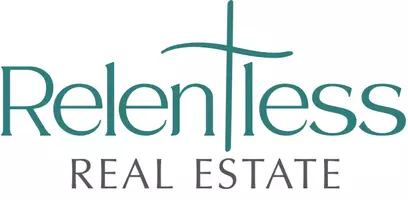What is a VA Loan?
Military Veteran Home Buying Power Secrets
If you are a military service member or veteran looking to purchase a home, you may have heard about VA loans. Do you really know what they are and how they can benefit you?
In this article, we explore the ins and outs of VA loans, including who is eligi
Albuquerque New Construction Home Buying Advantages
Are you considering buying a new construction home in Albuquerque? In this article, we explore the benefits of investing in a new construction property, such as customization options, modern design, energy efficiency, and warranty coverage. We also discuss important considerations to keep in mind
How to get Pre Approved for a Home Loan in New Mexico
Are you considering buying a home in New Mexico but unsure about the home loan process? Understanding the difference between pre-approval and pre-qualification is crucial.
In this article, we will explore the importance of getting pre-approved, the various home loan options available in New Mexic
What to Know as a First Time Home Buyer in New Mexico
Are you a first-time homebuyer in New Mexico looking to navigate the home buying process?
From assessing your finances to finding the right home with the help of a real estate agent, this article will guide you through each step.
Learn about loan options such as FHA, VA, and USDA loans, as well a
Evan Fraley
Phone:+1(505) 312-4554





